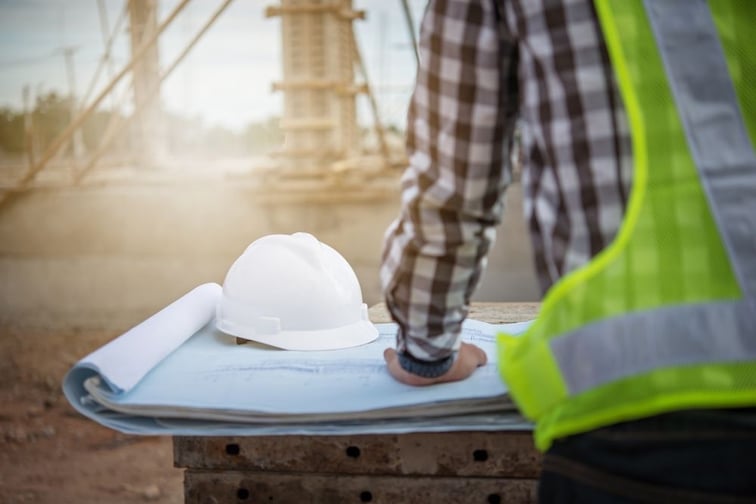

The following article is written by Sara Ametrano of Trisura.
Coming out of the pandemic, we’re finding ourselves in unfamiliar territory. Whether it is social events, everyday errands or performing our jobs, there are new guidelines to adhere to and procedures to follow. But what happens when your business involves many moving parts and your position requires you to collaborate with individuals from other organizations, possibly even other countries, with different COVID-19 mandates?
From the point a project is conceived to when it reaches the end of its contractual warranty periods, there are many designers, contractors, suppliers, trade workers and regulatory authorities involved. As general contractors are the ones that ensure the work will be successfully co-ordinated and completed on time and on budget, they have been faced with unique challenges. While working through the pandemic and looking to maintain profitable operations, contractors have had to account for enhanced workplace safety, restrictions that vary by region or each project, labour shortages, supply chain disruption challenges, equipment scarcities, contractual changes and the threat of inflation and rising interest rates. All of these factors have highlighted the need for preparedness, open and more frequent communication and planning to mitigate risk and ensure success.
Clearly understanding today’s complex landscape, including restrictions and potential interruption of supply, will play a critical role in revising or creating new contract wordings, policies and/or processes. In any business environment, a strong, open relationship and well-documented dialogue with all key business partners and trusted advisors should remain a top priority now more than ever.
If there are current projects that were interrupted due to the pandemic or consequential reasons, contractors may want to consider seeking legal or other professional advice to ensure they can manage and negotiate a way to mitigate risk. To ensure a successful outcome when moving operations forward or drafting new plans, it is necessary to evaluate each of the following areas: scope of work, contractual obligations, the impact and associated costs of the disruptions, estimated costs remaining and the schedule for each stage of the project.
Projects being bid during the pandemic should allow for more contingency (time and money) to ensure sufficient flexibility is available to mitigate the complex risks associated with today’s operating environment.
Regardless of a project’s current status, challenges are bound to arise. Establishing procedures to get everyone back on the same page will save time and money. In these circumstances, parties must completely understand the current issue and situation. Some questions to think about include:
Globally, we have experienced incredible challenges since the start of the pandemic. Learning from these unprecedented times can help us plan and develop better controls and risk management strategies, so we can be ready for any potential work interruptions.
Taking stock of one’s current projects by reviewing contractual terms and any current and potential challenges can help you be proactive. This important step can potentially aid in identifying changes in future projects. We must be prepared for any future bumps in the road.
If you have any questions about mitigating risk on current or future projects, contact one of Trisura’s resident surety experts, Andrew Rohmer, vice president of surety in Ontario. Andrew has 15 years of industry experience and has been with Trisura since 2013. [email protected]
